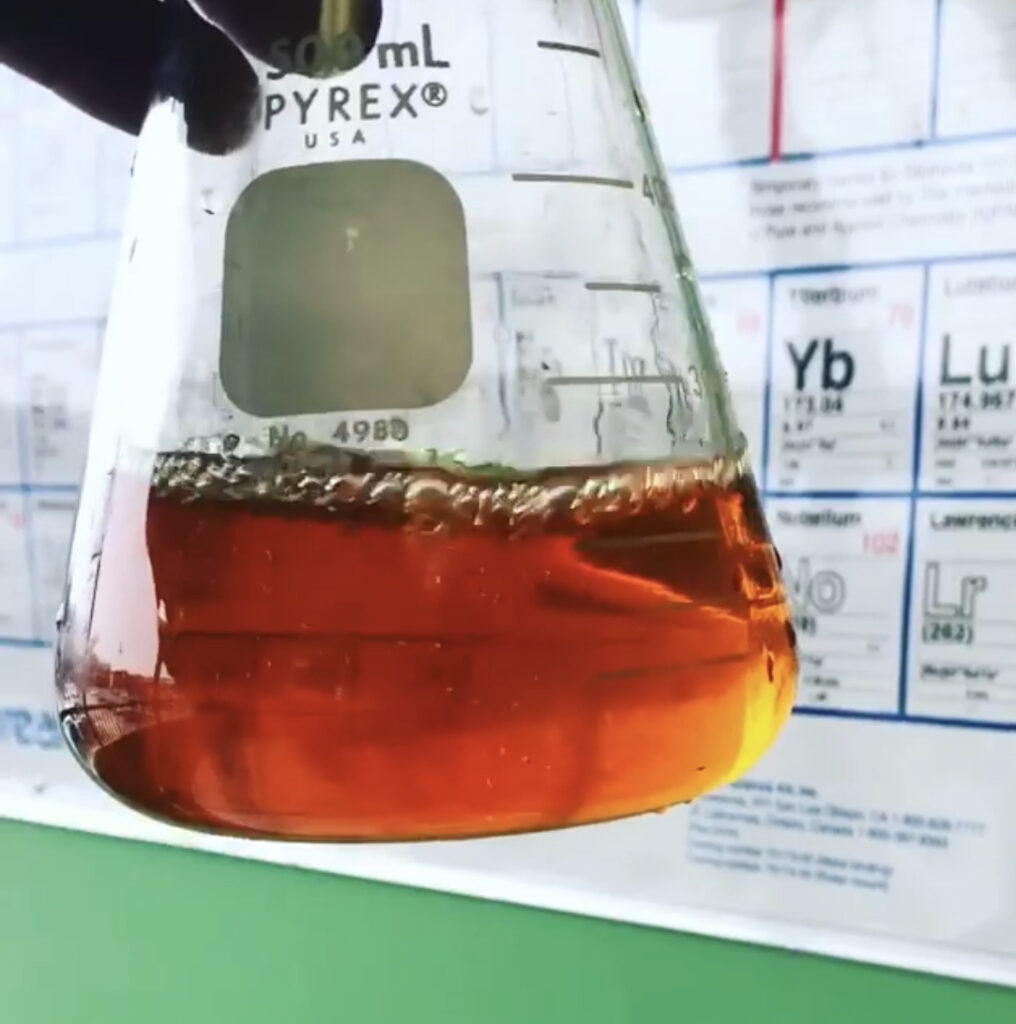Welcome to your Captivated Chemistry course! Learning chemistry this year is sure to be one of the most challenging and rewarding experiences of your life so far. When friends and family ask you what you are doing in school this year, and you tell them that you are taking chemistry, they will most likely respond in one of two ways. Either they will say they hated chemistry, usually followed by a story of how horrible their chemistry teacher was in high school or college, or they’ll say they loved chemistry, followed by a description of some amazing, often a little quirky, mad-scientist of a chemistry teacher that they had. Either way, everyone has a strong opinion of chemistry.
Why? It is a notoriously difficult subject to learn. On a traditional high school track, most students take chemistry before physics because of some of the math required for high school physics. However, the majority of students of that I’ve had for both subjects will report to me that physics was far easier than chemistry. The reason is simple. When you learn physics, you are, for the most part, learning about how things work in your everyday experience. You learn about things like velocity, acceleration, momentum, friction, gravity…all things that are tangible because you interact with them literally every day and all the time. In chemistry, you are learning about an unseen microscopic world that behaves in ways that are completely unexpected. Around the 5th week of class, students will facetiously say that the best strategy for answering a question in chemistry is to pick the answer opposite of your first guess.
If I were to give you the following sequence of words to memorize in say a minute, could you do it?
Nap, sleep, bed, tired, dream, blanket, pillow
Of course you could! Why? Because they are connected with your everyday experience (as well as associated with each other). Memorizing the list would be simple because you have a context in which to place these words already formed in your mind.
Now, how about this sequence: Gopptula, Ootmian, Niboba, Wontahumpa, Pankpa, Kayfoundo, Binggona.
Could you do it? Of course! But would it be as simple as the first list? Of course not! It would be much more challenging to learn this sequence of words because you have no way of relating them to your everyday experience (they happen to be Huttese words, the language of Jabba the Hutt in Star Wars: Episode VI – Return of the Jedi).
So how would you learn these words? You might have already heard from a parent or teacher that you are a particular type of learner. Maybe you are a visual learner, an aural learner (you learn best by hearing), a verbal learner (you learn by speaking or writing), or even a kinesthetic learner (you learn by doing). As a result, you might lean towards using one of these methods to get the words in your head. For example, if you know you are a verbal learner, you might read them out loud to yourself several times.
I’m going to give you a better approach. Because no matter what type of learner you are, cognitive scientists, scientists who study how we learn, will tell you that the best way to learn anything is to simply get the information in your head as many different ways as possible.
That means that as you are going through my course, you absolutely must do the following in order to be successful:
- Read ALL of the material. And when you read, read slowly, actively, and attentively.
- Have a notebook that is dedicated to chemistry in which you take notes on literally everything you read (including this!).
- When you watch videos, watch actively and attentively without distractions. Pause them frequently to take notes.
- When you encounter example problems, work them on paper, without skipping any steps. Even if you are just copying exactly what you see on screen. Every worked example in the course should appear in your chemistry notebook.
- Make notecards with your notes. Quiz yourself out loud. Enlist the help of someone else to quiz you also.

In doing these things, you will be engaging all of your senses and moving from just learning and forgetting to actually knowing chemistry. Before you know it, words like gopptula, effective nuclear charge, wontahumpa, bond hybridization, binggona, and Avogadro’s number will become second nature.

